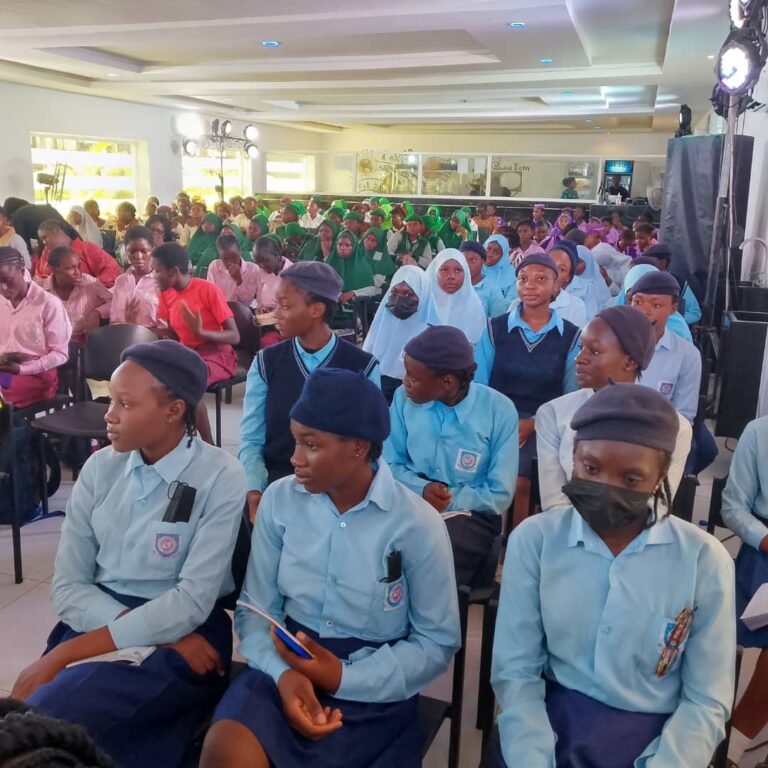A non-governmental organisation (NGO), the Development Initiative for Youth Excellence, Progress and Stability, has provided not fewer than 450 girls, across 20 schools in the Federal Capital Territory (FCT) with menstrual packages, including pads, tissues, toothpaste, and food.
The programme Convener, Amb. Courage Uchechi, while speaking on the sidelines of the Menstrual Hygiene Awareness event to commemorate this 2025 World Menstrual Hygiene Day on Monday in Abuja, disclosed that menstrual hygiene was a critical aspect of girls‘ health and education.
She stressed that many girls in Nigeria miss school during their menstrual periods due to a lack of access to affordable menstrual products.
This, she added, could lead to poor academic performance, increased dropout rates, and long-term consequences for their health and well-being.
Uchechi maintained that access to affordable menstrual products could help reduce absenteeism and overall well-being of girls.
She stated: “Training a girl child is crucial for nation-building and menstrual hygiene is essential for women‘s health and reproduction. We currently works with 20 schools and almost 1,000 girls, providing them with menstrual packages, including pads, tissues, toothpaste, and food.
“We have been running a menstrual health hygiene program for seven years, targeting schools in various states, including Lagos, Abia, Imo, and Abuja.
“We use this juncture to ad a matter of priority call on the government and stakeholders at various levels to provide subsidies or funding to make menstrual products more affordable and accessible to girls and to also support non-governmental organisations working on menstrual health hygiene,” She said.
Also, Dr. Anto Lecky said menstrual hygiene is not a stigma, but a medical definition of being a woman.
She noted: “Behind our menstrual hygiene, we must take care of other forms of health, such as inner health. Women should be proud of their menstrual cycle and be confident in themselves.”
On her part, Wellness Advocate, Neme Conan-Orisakwe explained that irregular menstrual cycles could be a sign of a larger health issue.
“Girls and women must know their menstrual cycles and report any irregularities to their doctor,”she said.

